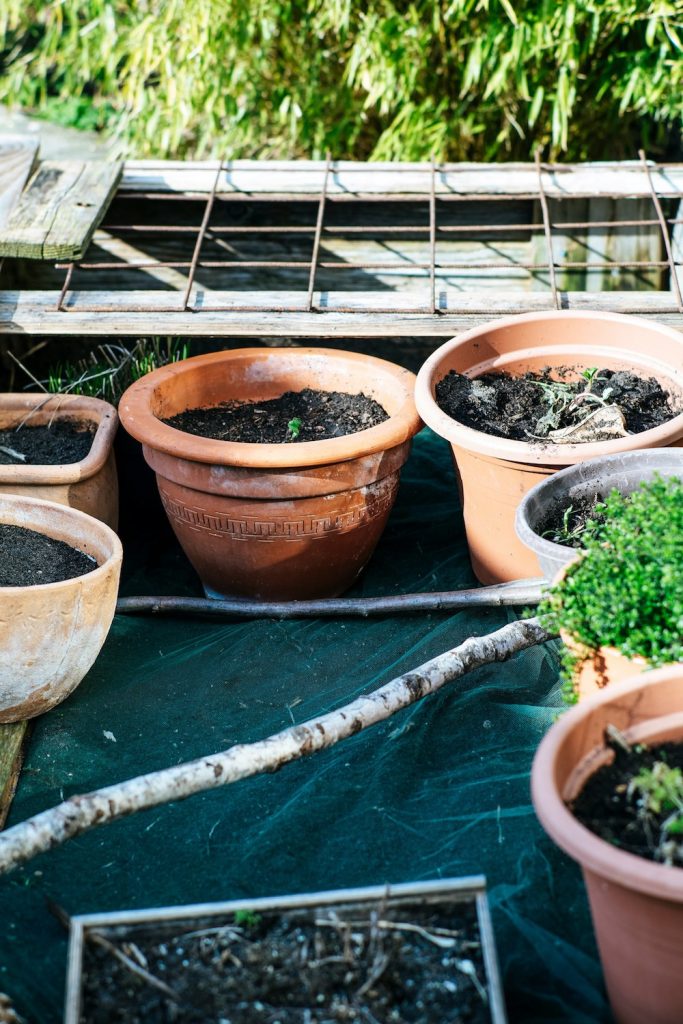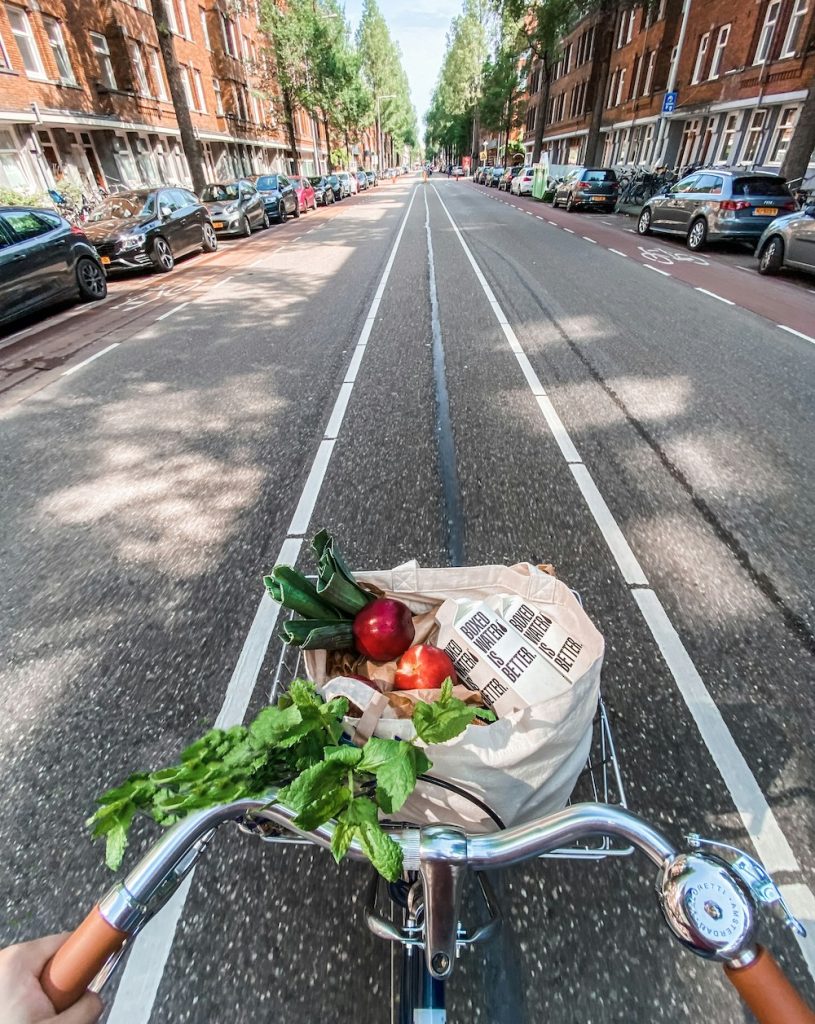Sustainability in the workplace using biochar

In recent years, the acceptance and implementation of sustainability programs in corporate culture have become significantly easier. Increased media attention on climate change, evolving government regulations, and a rising public interest in reducing our carbon footprint have all contributed to this shift. Just as recycling became a household practice in the ’80s and ’90s, the term ‘sustainability’ is now becoming a common part of our daily conversations.
The Benefits of Biochar in Sustainable Practices
For a process to be truly sustainable, it must provide social, economic, and environmental benefits. When managed correctly, biochar production aligns perfectly with sustainable manufacturing.
Social Benefits
Biochar improves community life by reducing waste and enhancing soil quality for farming and living spaces. It is also useful for stormwater remediation and contaminated land. Including biochar in discussions about soil health fosters a healthy awareness of our total ecology.
Economic Benefits
By reducing waste and improving agricultural productivity with a long-lasting product, we lower the cost of land maintenance and increase agricultural profitability.
Environmental Benefits
Biochar’s environmental impact is its most significant benefit. It acts as a cradle-to-grave solution, returning the original feedstock back to the soil and restoring the carbon removed. This reduces the need for chemical fertilizers, neutralizes existing chemicals, and improves soil health while sequestering carbon to combat global warming.
Broadening the View on Climate Change Management
While most sustainable programs focus on managing gas emissions, using recycled materials, and reducing energy consumption, an often overlooked method is enhancing soil health. By replenishing organic material in the soil, we sequester carbon that could otherwise contribute to atmospheric CO2 levels, allowing natural processes in the soil to mitigate climate change.
Implementing Sustainable Practices in Companies
To successfully integrate sustainable practices, companies can:
- Become aware of sustainability issues and set tangible goals for improvement.
- Establish a Sustainability Office to plan, review, and support sustainable efforts in business operations and manufacturing, including vetting vendors for their sustainable practices.
- Embed sustainability into the corporate culture rather than treating it as a short-term campaign.
- Communicate the purpose of sustainability measures to all employees.
- Identify items within the company that can be replaced with sustainable options, such as adding biochar to potting soil in office green spaces or using it as a remediation barrier in large parking lots or manufacturing sites.
Sustainability Efforts at Home
Sustainability hasn’t permeated American homes as deeply as it has corporate settings. However, individuals can also contribute significantly. Using biochar in backyard gardens, lawns, potted plants, and shrubs helps improve soil health and reduce carbon emissions. Just as recycling soda cans has become a symbol of environmental stewardship, using biochar in home gardening can have a similar positive impact.
Examples of Successful Sustainability Programs
Several large companies are leading the way with exemplary sustainability programs:
- UPS: Innovatively working to make shipments as close to carbon-neutral as possible, involving customers in their sustainability efforts.
- Nestle’s Nespresso: Collaborating with coffee producers to use sustainable agricultural techniques and managing aluminum sustainably, aiming to reduce its carbon footprint by 10% within three years.
- Interface: A global leader in flooring manufacturing, their Climate Take Back initiative is one of the most significant sustainability movements.
However, not all claims of sustainability are genuine. High-profile issues with companies like Chipotle serve as reminders that false sustainability claims will not go unchecked.
Incorporating sustainability into both corporate culture and everyday home practices is essential for ensuring our planet’s future. By understanding and implementing sustainable practices, we can all contribute to a healthier environment.








